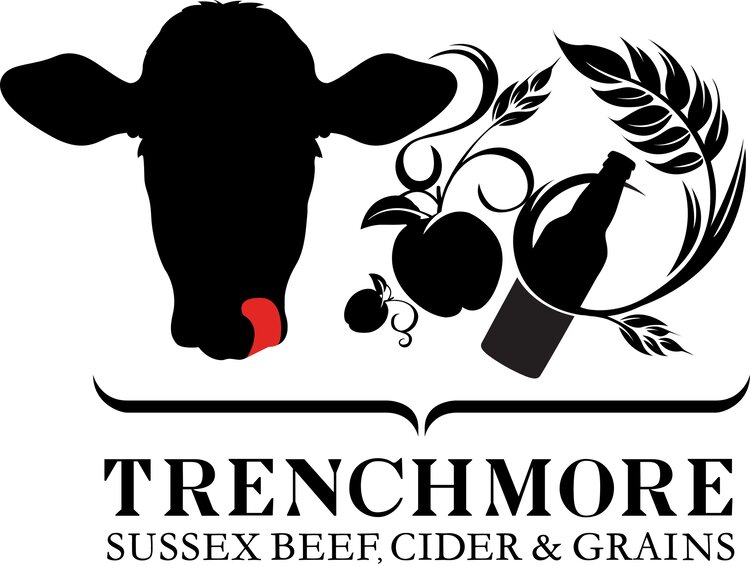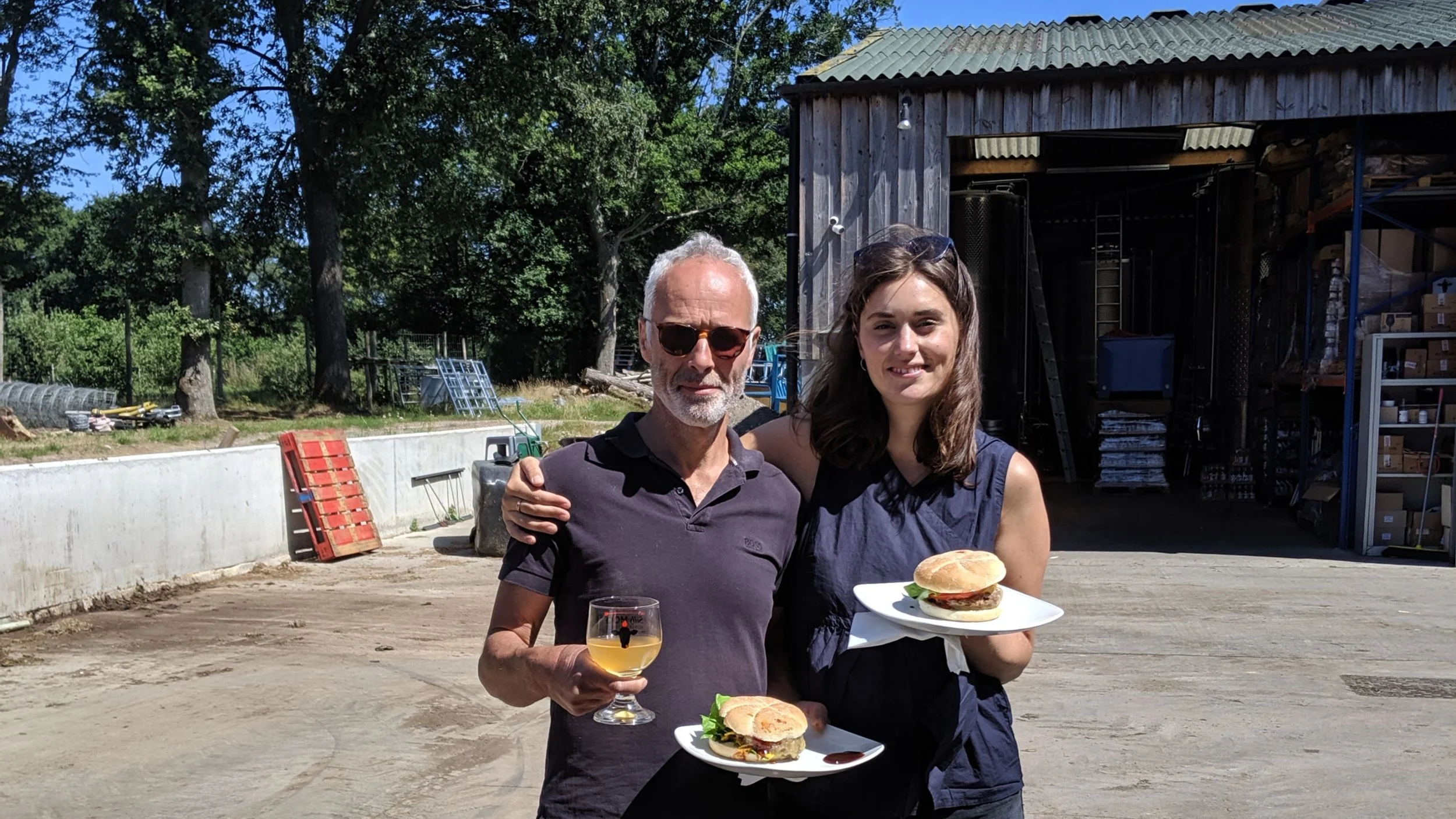Good afternoon,
Whilst reeling at the choices made across the pond this week, the farm has provided unabated distraction and our days have been filled with worming the young cattle, taking soil & silage samples, doing pre-movement testing on animals due to local TB restrictions, repairing the gutters, cutting the hedges and re-organising our cider house & storage containers to fit in all of the kegs & bottles we have just packaged.
Amongst this, we’ve been trying to get our heads around the budget review and the implications for farms, with the announcement of a 20% tax on inherited farms after £1m. I agree with universal inheritance tax, and farms have been uniquely exempt for 40 years - so at first glance it seems reasonable. The tax certainly makes sense in the case of wealthy landowners, who have bought up farmland as a means of passing down tax-free wealth. However, the implications of last week’s announcement are going to be felt throughout the food system.
We want our farms in this country to produce affordable food, have high standards of welfare, repair damage to the environment and consider long-term implications to wildlife and the climate crisis. Small to medium farms are often actually pretty good as doing this, if we’re able to buy their produce with a short supply chain.
These farms tend to be asset rich but cash poor businesses. This means family-run farms, like Trenchmore, will have to sell off assets and land if the children wish to continue farming and food production. The implications of selling off assets and land is that scale is essential in order for most farms to be viable.
A lot of farms are hanging on by their fingernails and even when a farm, like Trenchmore, has had a significant amount of investment and 12 years of graft drilled into it, our profits would be healthier if we had let the money accumulate interest in the bank. For us, growing food is a lot more gratifying than having a happy bank manager, and thankfully our farm’s turnover is high enough to employ 4 full-timers and work with a range of other contractors and local businesses.
What we’re likely to see as a result of this tax is that farms of our size will either stop investing in new facilities and infrastructure or possibly even sell up. And those with the capacity to, will have to scale up or diversify in order to bear the brunt of this tax with their profits.
There is an argument that farming needs to become more cost-effective and efficient, and if that means we end up with fewer but larger farms, then so be it. But that would be a shame for local food systems, rural communities and the environment. Small to medium sized farms are the ones you can visit, buy from directly, build relationships with and hold to account how the land is looked after and how your food is produced.
If you wanted to come and see us, we’re serving burgers & cider and selling produce grown on our farm, in the yard on Saturdays from 11am to 4pm.
Moo love,
Rachel

